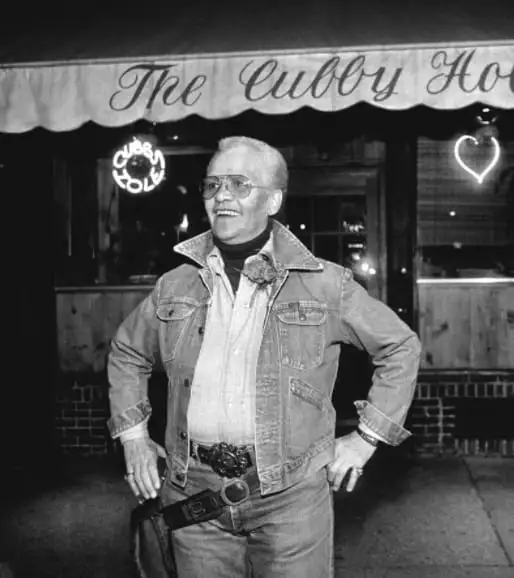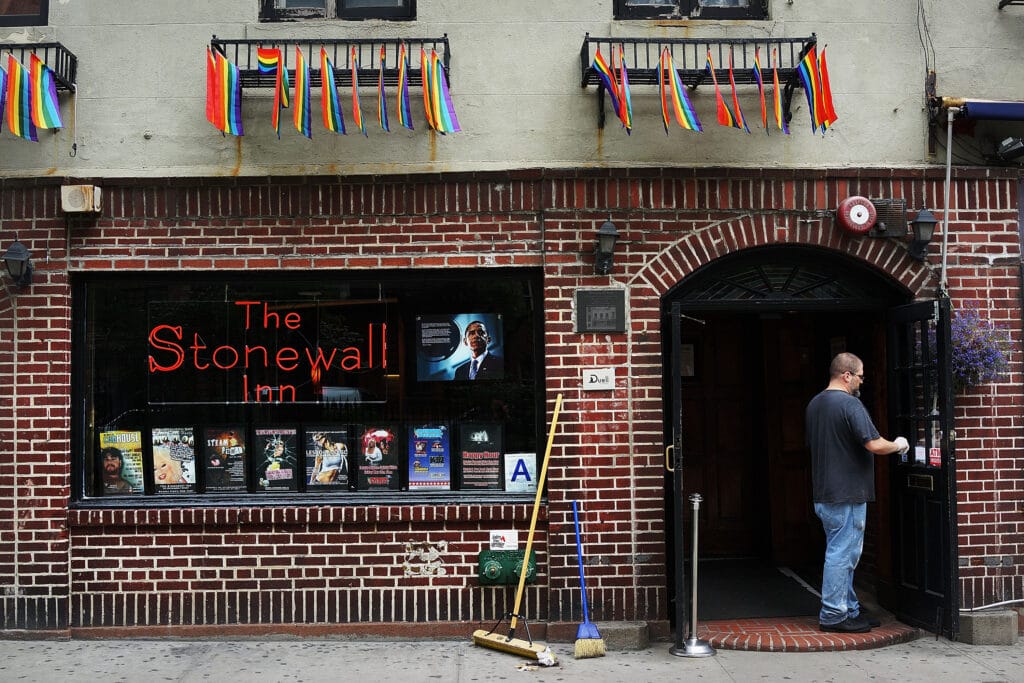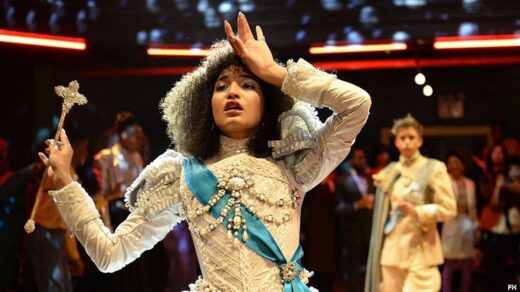Remembering the 1969 Stonewall Riots – the reason Pride Month takes place in June
Author: Josh Milton
It’s time once again to remember the Stonewall riots – the powerful uprising on 28 June 1969 that are the reason Pride Month is held in June each year.
On 28 June 1970, the very first Pride marches were held in New York, Los Angeles and Chicago. These marches were a direct response to the police raid on a queer bar exactly a year before.
That 1969 police raid on a New York City bar sparked the Stonewall riots, and what would become the modern LGBTQ+ rights movement.
Officers sought to gut the Stonewall Inn, a queer nightclub then owned by the mafia in Greenwich Village, Manhattan, on 28 June, 1969. It was, the force said at the time, part of a routine raid of unlicensed bars illegally selling alcohol in the city.
What followed, however, was anything but routine. It was a night of resistance, of calls for LGBTQ+ equality, which continues to embolden new generations of activists to this day.
The Pride parades and protests that have become annual occurrences can be traced back to the events of that one night – and the days of rioting and rejoicing that followed it.
Even before the uprising, Stonewall was seen by many queer New Yorkers as a refuge from an unwelcoming, violent world. “The minute you walked into Stonewall, there was a change,” Mark Segal, an activist and eyewitness of the Stonewall uprising, told PinkNews in 2019.
Segal, a Philadelphia native, packed his bags and came to New York City aged 18. To him, the Stonewall Inn, with its watered-down drinks and the mob’s backdoor dealings, was more that just a bar. It was an escape.
“You could hold hands, you could kiss, you could show affection,” he recalled, “but more importantly for an 18-year-old kid, you could dance your ass off.”
What prompted the Stonewall riots?
At around 1:20am, NYPD officers from the force’s now-defunct Public Morals Squad, detective Charles Smith and deputy inspector Seymour Pine, swung through the doors of the Stonewall Inn.
Seven more officers followed. It was no surprise, Segal said, as such raids were all too familiar.
Disgruntled bar-goers were harassed and hurried out of the inn, greeted to a warm summer night. Police pulled some patrons aside, asking for identification and even subjecting those in drag to genital inspections. Staff, meanwhile, were arrested.
Outside, the streets bristled with tension. A butch lesbian, generally thought to be Stormé DeLarverie by historians, resisted arrest and tried to escape only to be struck on the head with a baton.

“Why don’t you guys do something? she shouted at bystanders, who started to lob coins, bottles and stones at the car and at officers while shouting: “Gay power!”
The Stonewall uprising had been sparked, with lesbians and trans women of colour leading the fight.
The details of the night continue to be contested to this day – though many cite Marsha P Johnson and Sylvia Rivera as the fabled figures who “threw the first brick at Stonewall”, historians don’t believe any brick was thrown, and in any case, Johnson was clear that she didn’t arrive at Stonewall until events were well underway.
Johnson and Rivera went on to become central figures in the fight for gay and trans rights, co-founding Street Transvestite Action Revolutionaries (STAR), are rightly remembered today as heroes. But for a long time, that wasn’t the case, with many quick to ignore their contributions.
Days of rioting followed, and the following year, on 28 June 1970, LGBTQ+ people gathered to remember what had transpired that fateful day.

The one-year anniversary was dubbed Christopher Street Liberation Day, with the ensuing parade becoming the first LGBTQ+ Pride festival in the world.
The Stonewall uprising provided activists with a long-sought template to, at long last, fight back against the injustices they had faced.
“It’s probably the happiest riot there ever was and the reason it was happy is very simple,” Segal said.
“The police represented two thousand years of oppression, everything that each and every one of us had ever gone through.”
The Stonewall Inn is, to many, the birthplace of the LGBTQ+ rights movement. But just a few short years ago it faced an uncertain future.
Reeling from the impact of the pandemic, the inn’s owners were forced to crowdfund for the bar’s very survival at a time when thousands marched for Black trans lives during the 2020 summer of unrest.
“[The Stonewall Inn] has been a community tavern, but also a vehicle to continue the fight that started there in 1969,” the inn’s owners said in a statement.
“Stonewall is the place the community gathers for celebrations, comes to grieve in times of tragedy and rally to continue the fight for full global equality.”
Actual Story on Pink News
Author: Josh Milton




